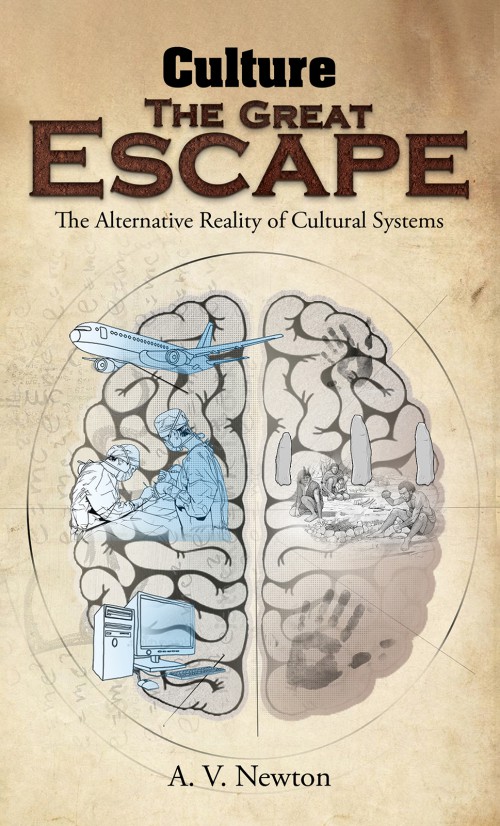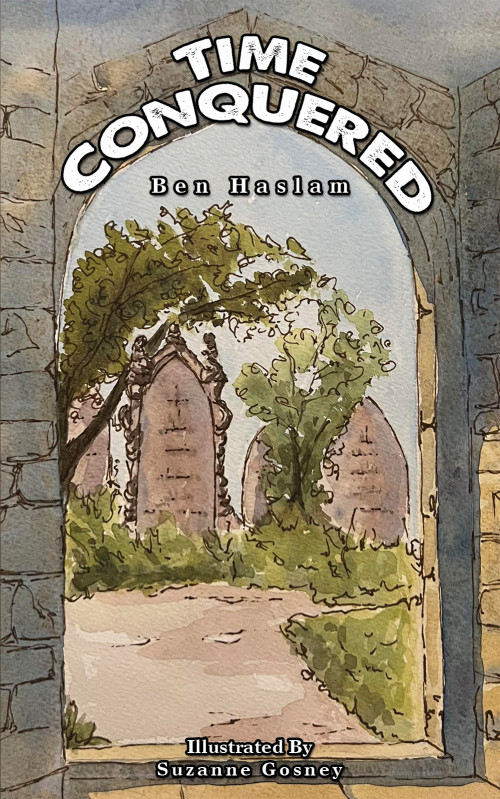Humanity has long sought to answer the big questions, like who are we and where are we going? It is possible that some of these questions are actually too big to be tackled by the rational mind. Religions claim to have the answer, but it is becoming increasingly difficult to believe in them. If you don’t believe in religious answers, you have a rather more complex answer to the problems of existence. Among other things, there arises the question of why so many people do believe in religions and a rather smaller number of people find it difficult or impossible to accept religious tenets. This seems to be a neurological problem, even a psychiatric one. What is the answer?
The preceding book in this series, ‘The Unreasonable Silence of the World’ provided one interpretation of the available evidence in relation to the unique survival of Homo sapiens out of a wide variety of hominid forms following our departure from the primate line approximately seven million years ago. The remarkable invention of mythologies occurred about 100,000 years ago, dominated human belief and social systems until the present day, and was probably mainly responsible for that unique survival. Mythology achieved this dominance by creating a reality that relegated the real world to second place. ‘Culture: The Great Escape’ explores this departure - the escape - as it affects the modern world and considers how it is that science is often thought to be reducing these traditional avenues of escape.











